In the ever-evolving landscape of language, new terms and expressions often emerge that can bewilder those not keeping pace. For many Boomers, the language of ‘wokeness’ can be particularly perplexing. These terms, born out of social movements and cultural shifts, encapsulate complex ideas in just a few words.
Understanding them is not just about learning new vocabulary; it’s about grasping the nuances of contemporary social dialogues. This exploration delves into nine ‘woke’ terms that often leave Boomers scratching their heads, offering clarity and context to bridge generational conversations.
1. Intersectionality
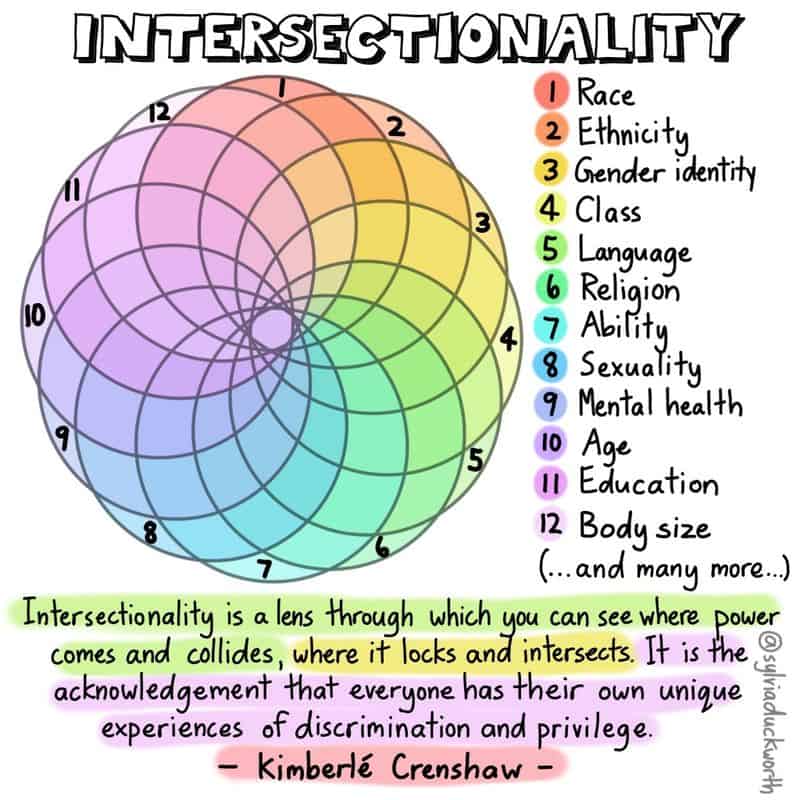
Intersectionality refers to the interconnected nature of social categorizations such as race, class, and gender. This concept considers overlapping systems of discrimination or disadvantage. Originating from feminist theory, it highlights how individuals experience oppression differently based on multiple factors. Understanding intersectionality involves recognizing the complexity of personal identity. For Boomers, this term can be a puzzle as it challenges the binary views of identity. It asks us to consider how various forms of discrimination can intersect. Discussing these points fosters a more inclusive dialogue. It’s about appreciating the multifaceted experiences of people.
2. Cisgender
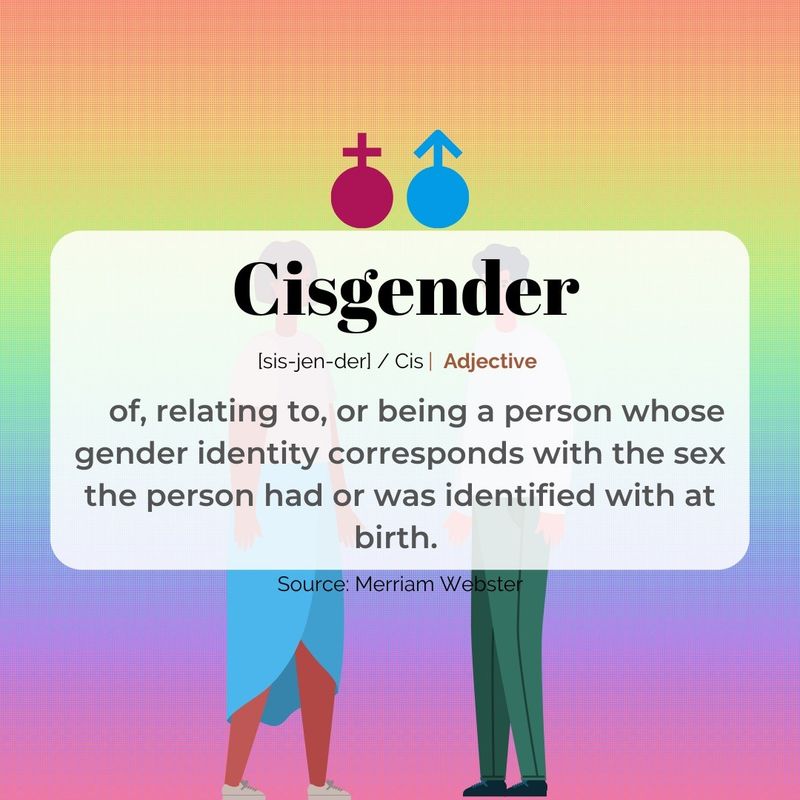
Cisgender describes individuals whose gender identity aligns with the sex they were assigned at birth. This term clarifies the distinction from transgender identities. For Boomers, understanding ‘cisgender’ may be challenging due to its relatively recent usage. It underscores the importance of respecting people’s self-identification. This acknowledgment allows for more respectful communication. As the conversation around gender diversity grows, recognizing terms like ‘cisgender’ becomes essential. It helps in navigating discussions on identity with sensitivity. Engaging with this terminology encourages empathy towards diverse gender experiences.
3. Non-binary

Non-binary refers to a gender identity that doesn’t fit within the traditional binary of male or female. This term expands the understanding of gender beyond conventional norms. It challenges the binary gender system, encouraging a more inclusive perspective. For Boomers, grappling with non-binary identities can be confusing. Embracing this term means acknowledging a spectrum of gender identities. It requires us to move beyond black-and-white thinking. Engaging with non-binary individuals involves using appropriate pronouns and language. It’s a step towards fostering an inclusive environment for all gender identities.
4. Microaggressions
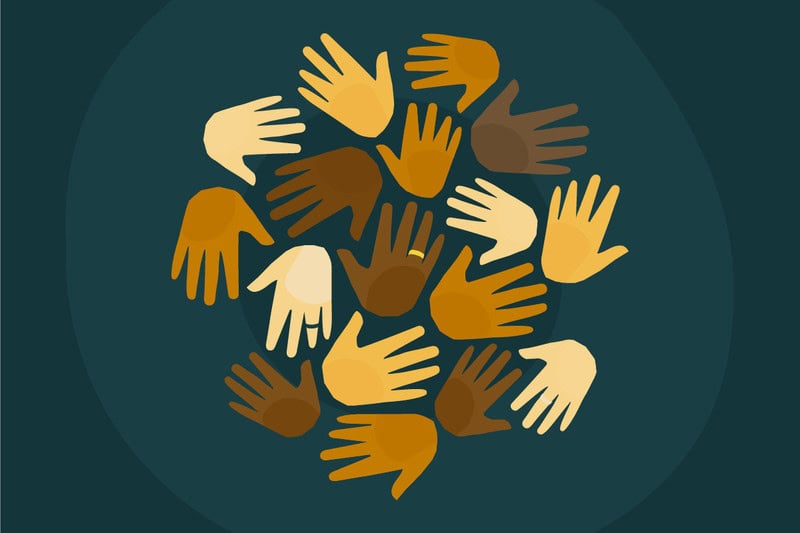
Microaggressions are subtle, often unintentional, comments or actions that can be offensive to marginalized groups. These everyday slights often perpetuate stereotypes. For Boomers, the term can be tricky to grasp since these acts are typically subtle. Recognizing microaggressions involves heightened awareness and empathy. It’s about understanding the impact of words and actions, however small they seem. This realization calls for a change in communication habits. Addressing microaggressions fosters a more respectful environment. It’s about listening and learning to avoid inadvertently causing harm. By doing so, we promote a more inclusive society.
5. Allyship

Allyship refers to actively supporting marginalized groups through advocacy and solidarity. This term encourages individuals to use their privilege to help others. For Boomers, the concept of allyship might be new but powerful. It involves listening, learning, and taking action to support those facing discrimination. Allyship isn’t passive; it requires ongoing effort and commitment. Being an ally means standing up against injustice and amplifying marginalized voices. This engagement fosters change and bridges gaps between communities. It’s a call to action for individuals to contribute positively to social change.
6. Privilege
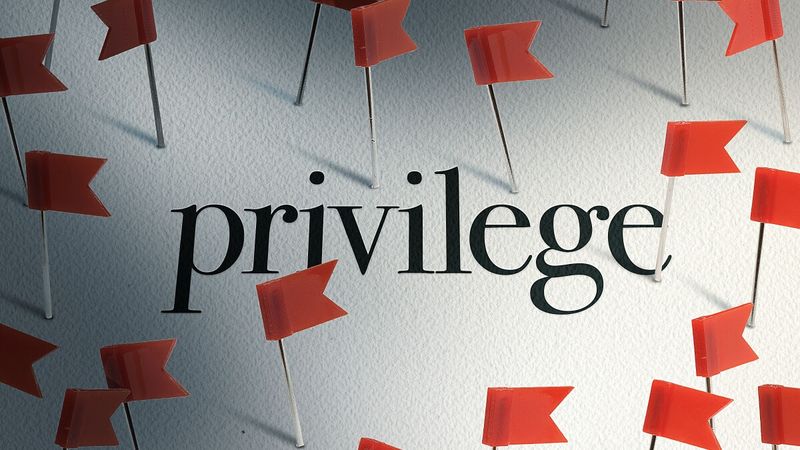
Privilege refers to unearned advantages certain groups have in society. This concept often highlights disparities related to race, gender, or socioeconomic status. For Boomers, understanding privilege can be enlightening. It challenges individuals to recognize systemic inequalities. Acknowledging privilege leads to greater empathy and action towards equity. It’s about seeing beyond personal experiences to understand broader societal dynamics. Discussing privilege requires openness and a willingness to listen. It’s a crucial step in addressing social justice issues. By understanding privilege, we can work towards a fairer society for everyone.
7. Woke
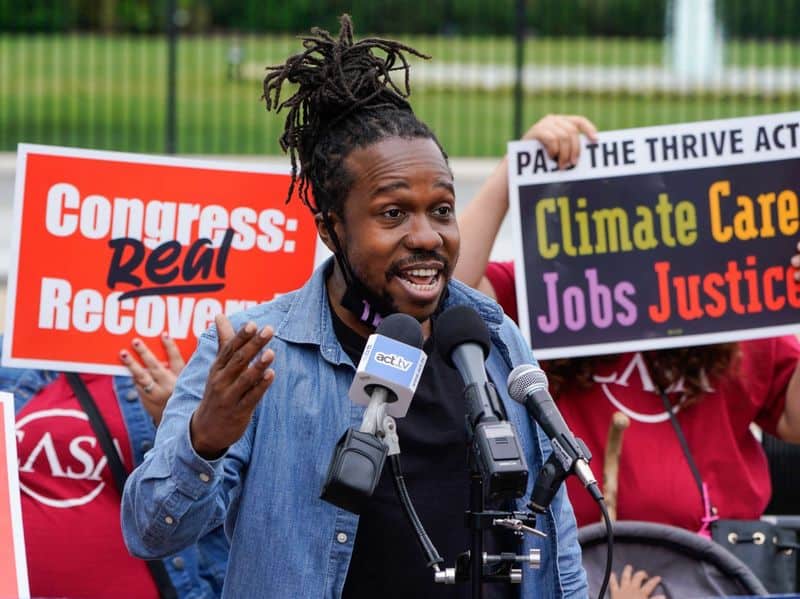
‘Woke’ is a term describing awareness of social injustices and being informed about issues like racism and inequality. It emphasizes vigilance in recognizing societal ills. For Boomers, the term ‘woke’ might seem like a buzzword. However, it represents a commitment to awareness and activism. Embracing ‘woke’ means staying informed and standing against inequity. It’s about continuous learning and being proactive in social justice. Understanding this term involves engaging with current events and societal changes. Being ‘woke’ is about striving for a better, more inclusive world.
8. Gaslighting
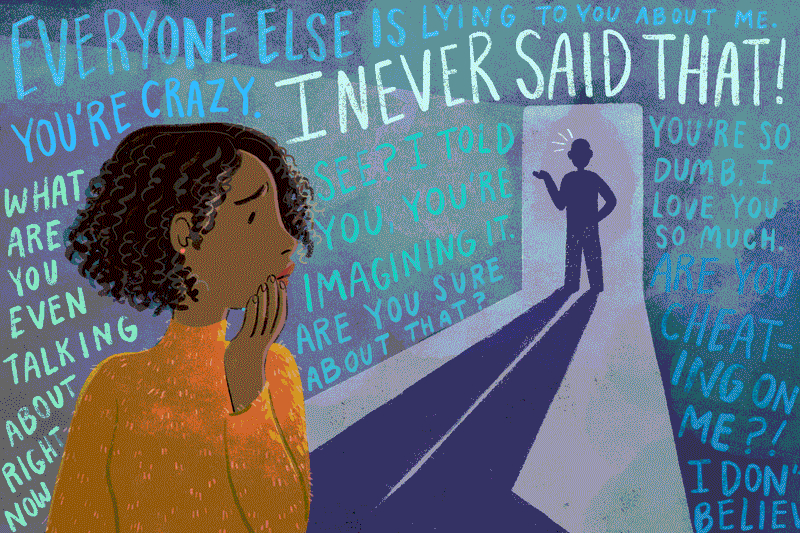
Gaslighting is a form of psychological manipulation where a person makes someone doubt their reality. This term originates from the film ‘Gaslight,’ where the protagonist’s reality is manipulated. For Boomers, understanding gaslighting involves recognizing subtle manipulation tactics. It’s about identifying behaviors that cause confusion and self-doubt. Acknowledging gaslighting is crucial for mental health and relationships. It requires us to trust our perceptions and validate others’ experiences. Addressing gaslighting involves open communication and setting boundaries. It’s a step towards healthier interactions and understanding mental well-being.
9. Cancel Culture
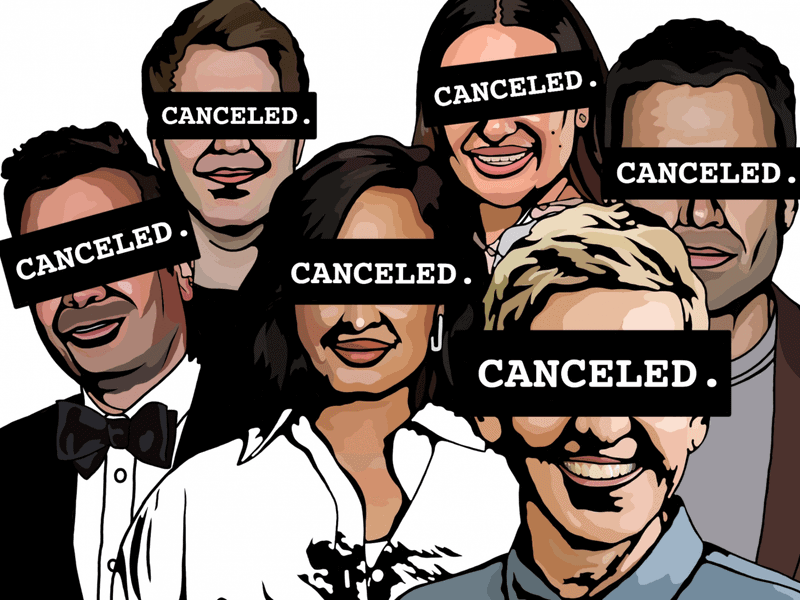
Cancel culture involves holding public figures accountable for their actions, often through social media boycotts. This term can be polarizing, sparking debates about accountability and free speech. For Boomers, cancel culture might seem like a modern phenomenon. However, it’s rooted in societal demand for justice and accountability. Understanding cancel culture involves recognizing its impact on public discourse. It’s about balancing accountability with forgiveness. Engaging with this concept requires discernment and critical thinking. It’s a reflection of changing dynamics in how society addresses misconduct. Cancel culture continues to shape dialogues on responsibility.

Well, hello there!
My name is Jennifer. Besides being an orthodontist, I am a mother to 3 playful boys. In this motherhood journey, I can say I will never know everything. That’s why I always strive to read a lot, and that’s why I started writing about all the smithereens I came across so that you can have everything in one place! Enjoy and stay positive; you’ve got this!

